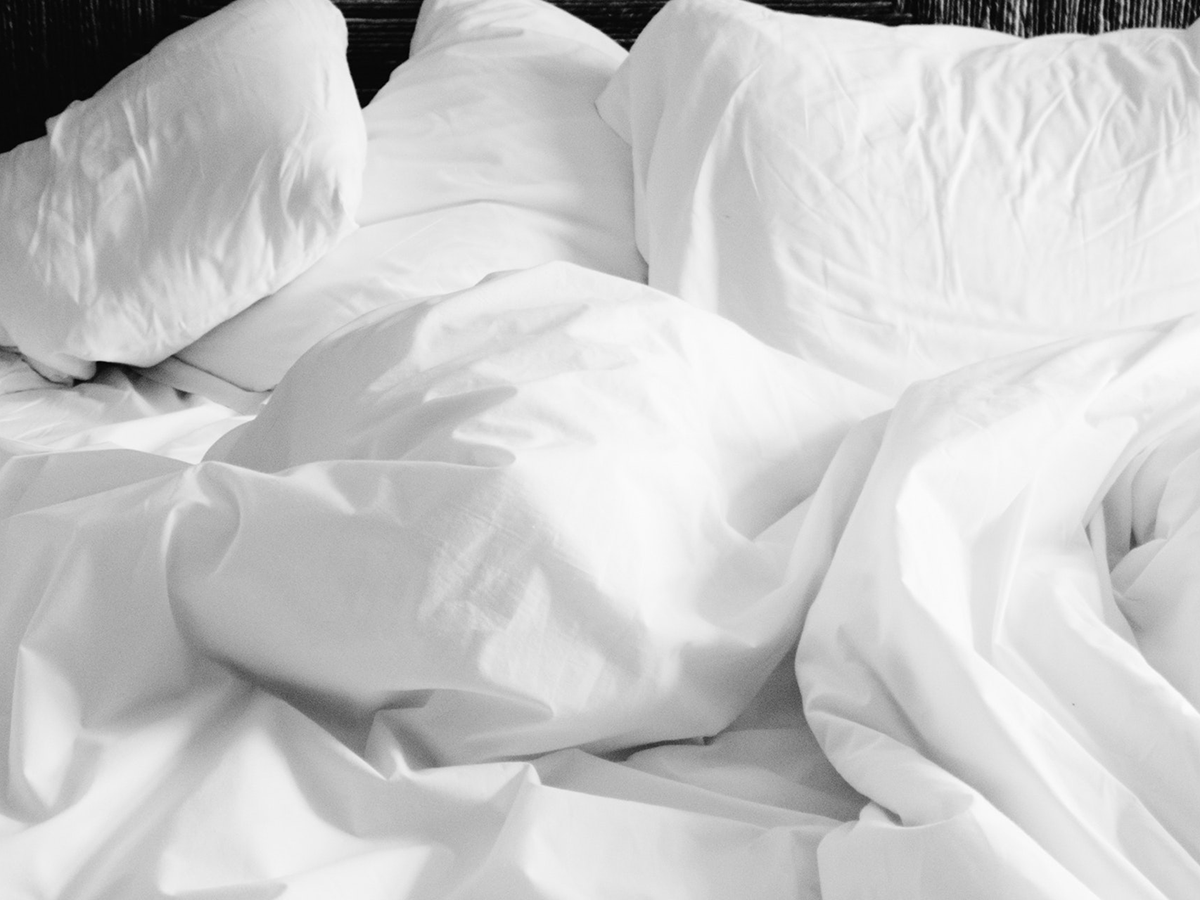How to Find the Best Sleep Aid for You

Experts weigh all the options, from medications to natural remedies to Cognitive Behavioural Therapy.
According to Statistics Canada, one-third of Canadians get less than the recommended 7 to 9 hours of sleep a night. And when we can’t get to sleep, some turn to sleep aids. According to a 2011 study, 10 percent use prescription sleep medications, nine percent try natural products and almost six percent use over-the-counter (OTC) products. Here’s a run down on the options, including one that doesn’t involve a prescription and has proven to be quite effective.
Prescription medications
Doctors may prescribe hypnotics or low-dose antidepressants to help people sleep. “I don’t like prescribing pills,” says Dr. Meir Kryger, a Canadian physician and professor of medicine at Yale School of Medicine in New Haven, CT, “but there are times when people have to sleep and you need to give them something to tide them over until things settle down.” For chronic insomnia, he says medication isn’t the answer. “Sleeping pills don’t solve the insomnia problem,” he says. “It’s like using Aspirin for a fever: It gets rid of the symptoms but doesn’t get rid of the cause.”
(Related: What Your Sleep Problems May Be Telling You)
Over-the-counter options
Products like Gravol and Benadryl contain antihistamines, a side effect of which makes you sleepy. “If you’re having a stretch of insomnia and you have a big presentation coming up at work, you can use one of these as a rescue to get to sleep, although it’s not recommended,” says Dr. Helen Driver, a somnologist at Queen’s University in Kingston, ON. Like prescription sleeping pills, they’re a short-term solution: “You develop a tolerance to them, so they become less effective,” she says. Antihistamines can make you groggy the next day or cause dry mouth, and there are other associated safety concerns. Don’t take them with alcohol or other antihistamines.
Natural alternatives
Available over-the-counter, the hormone melatonin helps regulate the sleep/wake cycle. According to Dr. Driver, it’s best to use melatonin when you’re jet-lagged or doing shift work, but some professionals recommend using it regularly for better sleep.
Valerian root, the most studied of herbal sleep remedies, is a flowering plant that may help reduce the amount of time it takes to fall asleep. However, not all studies have found it to be effective. And people with cardiac arrhythmias need to be careful, says Dr. Driver.
(Related: What Happens to Your Body When You Take Melatonin)
Cognitive behavioural therapy (CBT)
CBT can be extremely effective for resolving sleep problems, says Dr. Norah Vincent, a psychologist and professor of clinical health psychology at the University of Manitoba. It focuses on changing behaviours, such as not spending a lot of time in bed when you’re awake, and helps people identify what they might be saying to themselves to magnify the consequences of insomnia. For example, a person might engage in negative thinking, such as, ”If I don’t sleep tonight, then tomorrow is a writeoff,’ or ‘If I don’t sleep well, I’ll cancel my appointments tomorrow.’ That tends to maintain the sleep problem by making insomnia terribly important over time,” says Dr. Vincent. Talk to your doctor for more information about CBT.
This article originally appeared in Best Health Magazine in 2015.
Next, learn the signs you need to see a sleep doctor.




